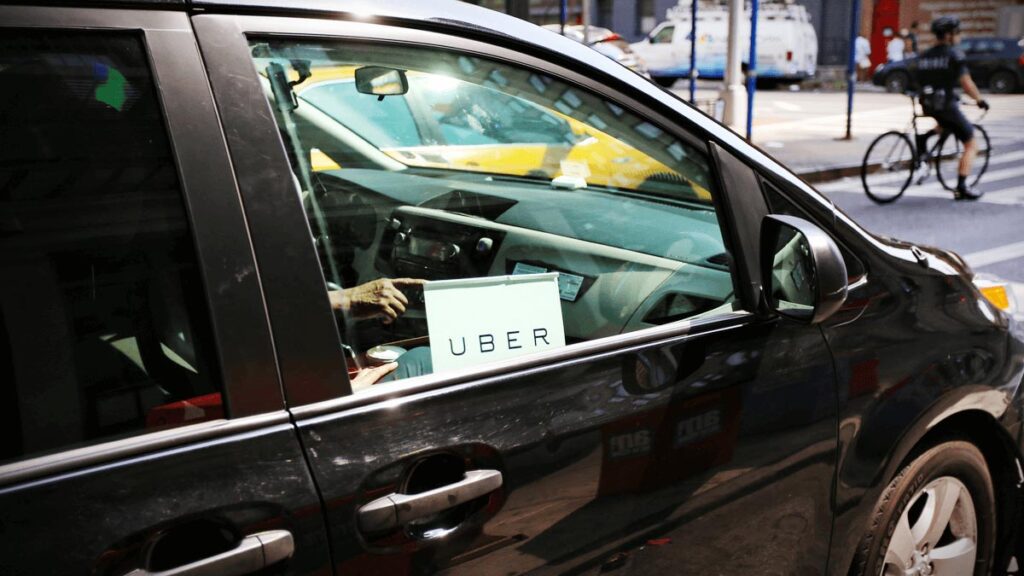U.S. sues Uber over 'illegal wait time' fees for disabled passengers

Uber has been sued by the U.S. Department of Justice (DOJ) on Wednesday over “wait time” fees charged to passengers with physical disabilities.
The suit, filed in the U.S. District Court for the Northern District of California, alleges that Uber went against Title III of the Americans with Disabilities Act (ADA).
The ride hailing app began rolling out “wait time” fees for its customers in April 2016, before expanding the policy nationwide, the Justice Department said in a statement.
Also, the fees were applied if a car waited for more than two minutes at a pickup location, according to the statement.
“People with disabilities deserve equal access to all areas of community life, including the private transportation services provided by companies like Uber,” said Assistant Attorney General Kristen Clarke for the Justice Department’s Civil Rights Division.
This lawsuit aims to bring Uber into compliance with the mandate of the Americans with Disabilities Act, Clarke added, while sending a powerful message that Uber cannot penalize passengers with disabilities simply because they need more time to get into a car.
“Uber and other companies that provide transportation services must ensure equal access for all people, including those with disabilities,” he stressed.
In addition, the DOJ complaint includes two accounts of Uber riders with disabilities, named Passenger A and Passenger B in the suit.
While the first passenger, who regularly had a nursing assistant help her pack up her wheelchair for Uber rides, claimed in August 2020 she had noticed she “had been charged a wait time fee for every ride she had taken with Uber since she relocated to Louisville in May 2020.”
According to her statement, after multiple attempts to reach support, she said that an Uber customer service agent informed her the fees were automatic and could not be stopped for any reason, however, she was never refunded.
On the other hand, passenger B, who’s a wheelchair user, alleged that in September 2018, he realized he had been charged wait fees for multiple rides since January 2018. As such, the suit alleges that Uber refunded only some of Passenger B’s fees before he was told they had hit the “maximum amount of refunds.”
Hence, the DOJ wants Uber to pay fines and damages to riders with disabilities who were charged the extra fees, as well as to modify its wait fee policy.
“Uber’s wait time fees take a significant toll on people with disabilities,” said Acting U.S. Attorney Stephanie M. Hinds for the Northern District of California.
“Passengers with disabilities who need additional boarding time are entitled to access ridesharing services without discrimination. This lawsuit seeks to assist people with disabilities to live their lives with independence and dignity, as the ADA guarantees,” he highlighted.
